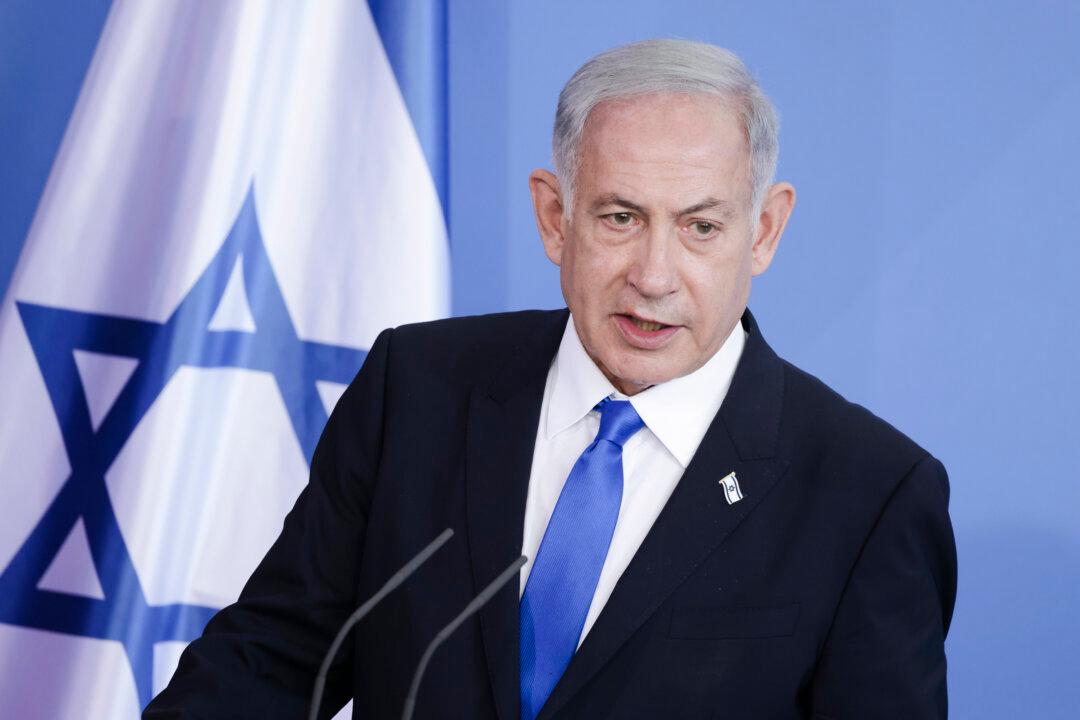Israeli Prime Minister Benjamin Netanyahu said on June 1 that the requirements for ending his country’s war or setting a ceasefire with Hamas “have not changed” amid questions about a possible peace deal.
His remarks came as U.S. President Joe Biden announced on May 31 that the Israeli government proposed a three-part deal for a Gaza ceasefire in exchange for Hamas releasing the remainder of the hostages who were abducted last October.





